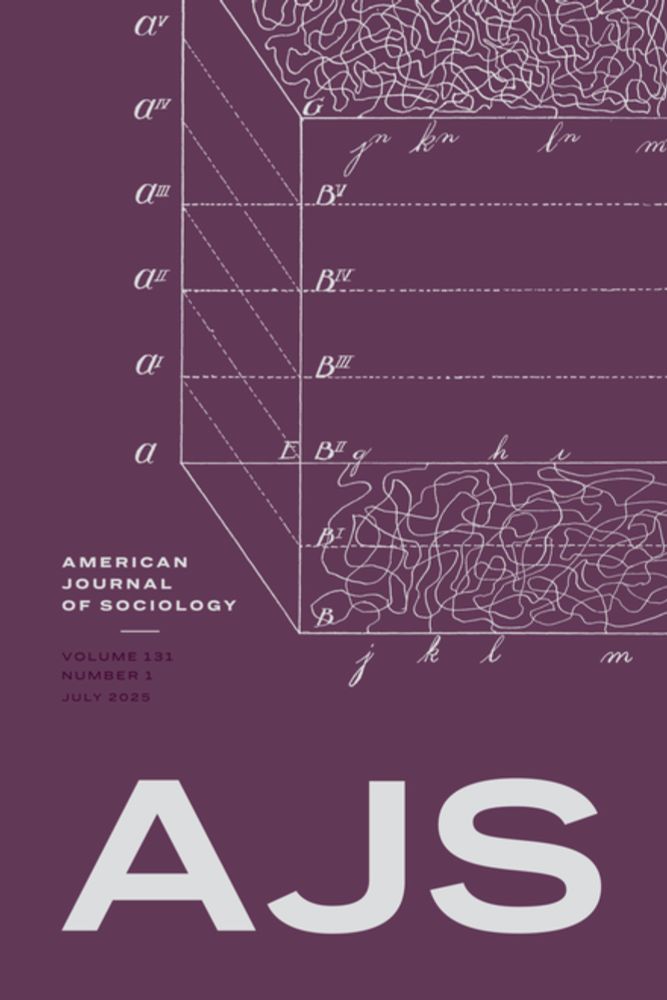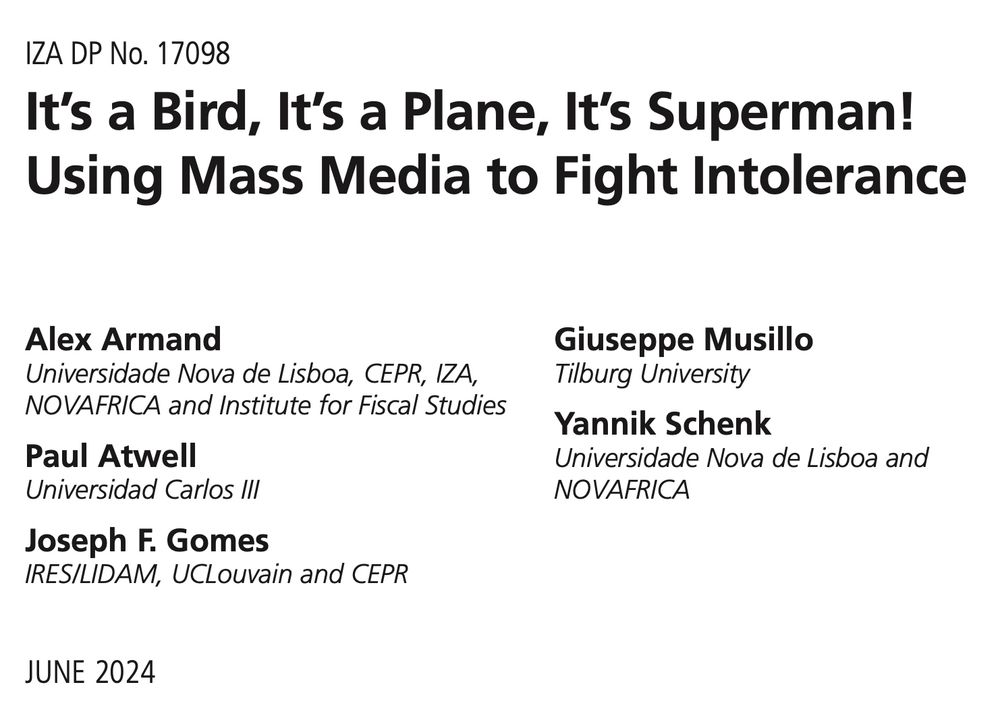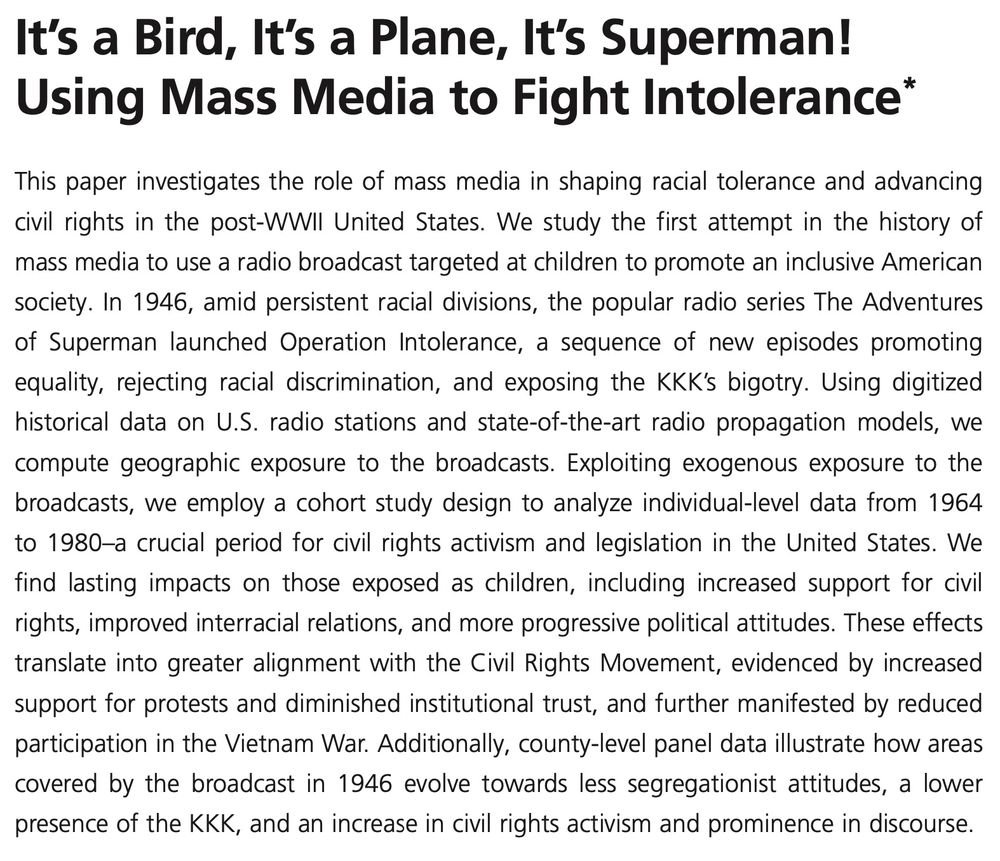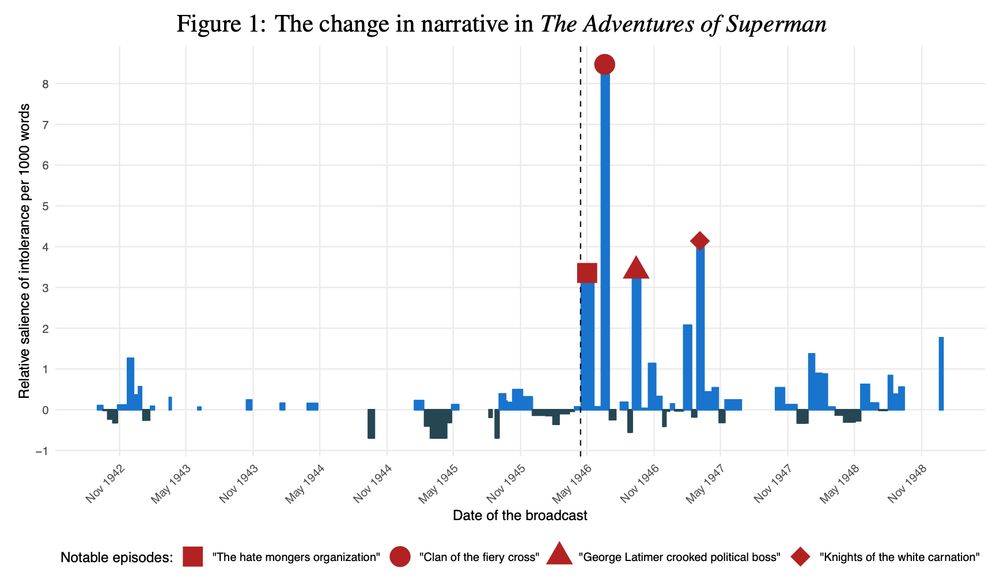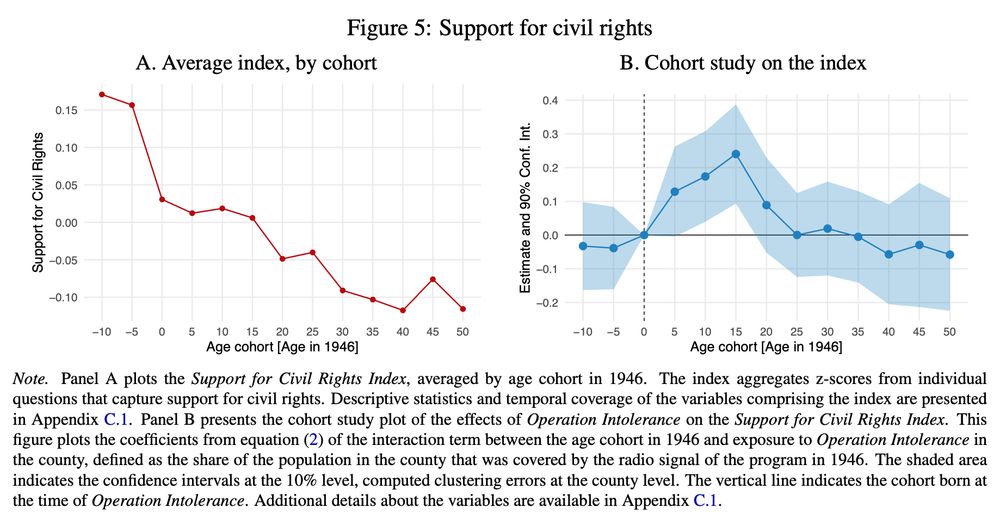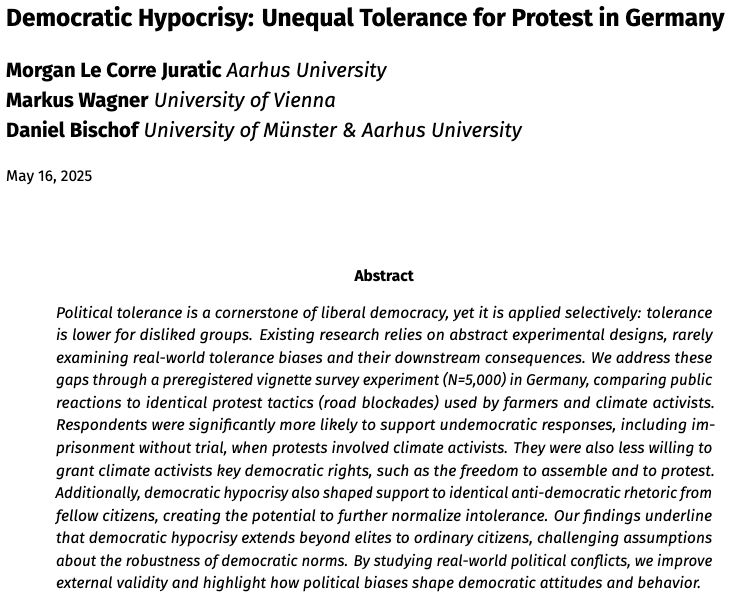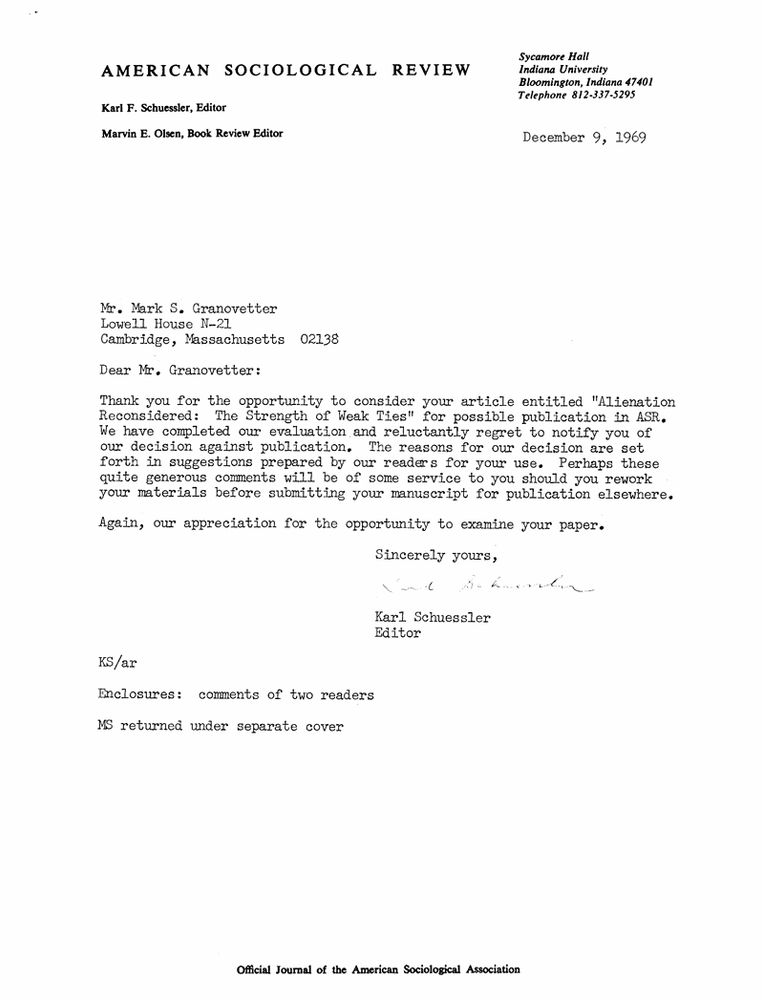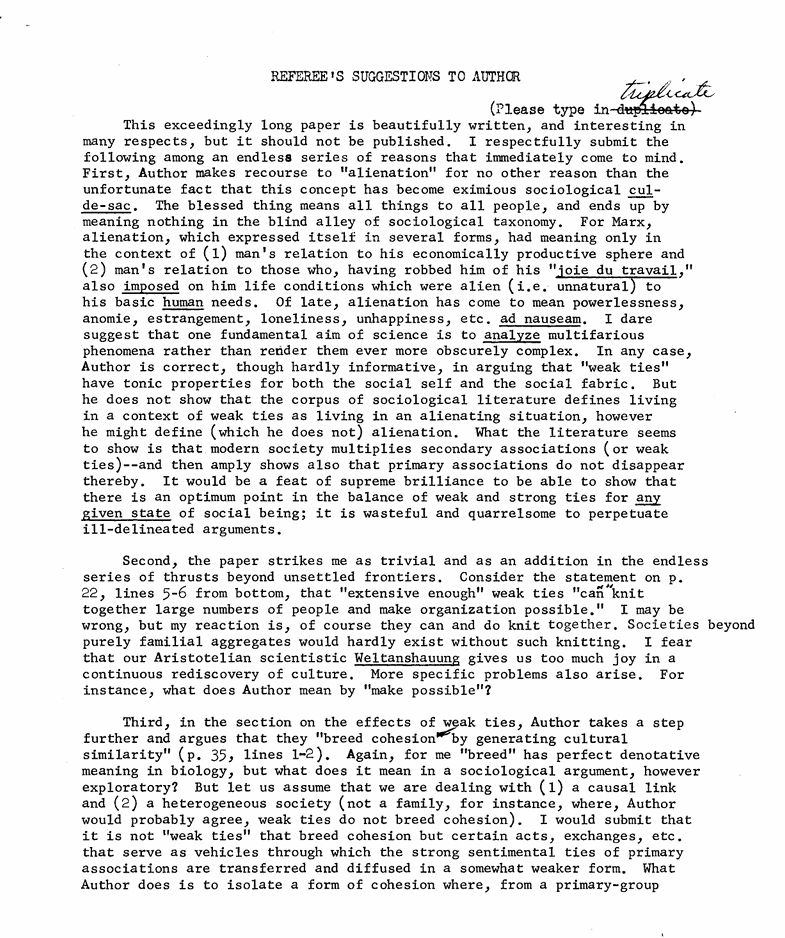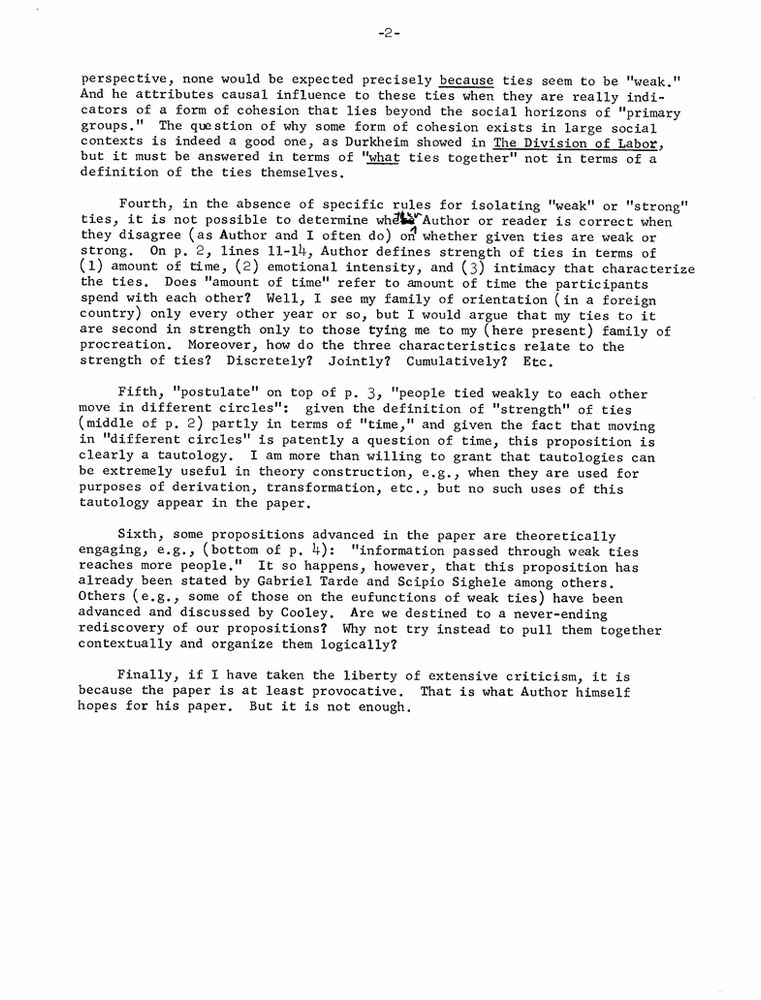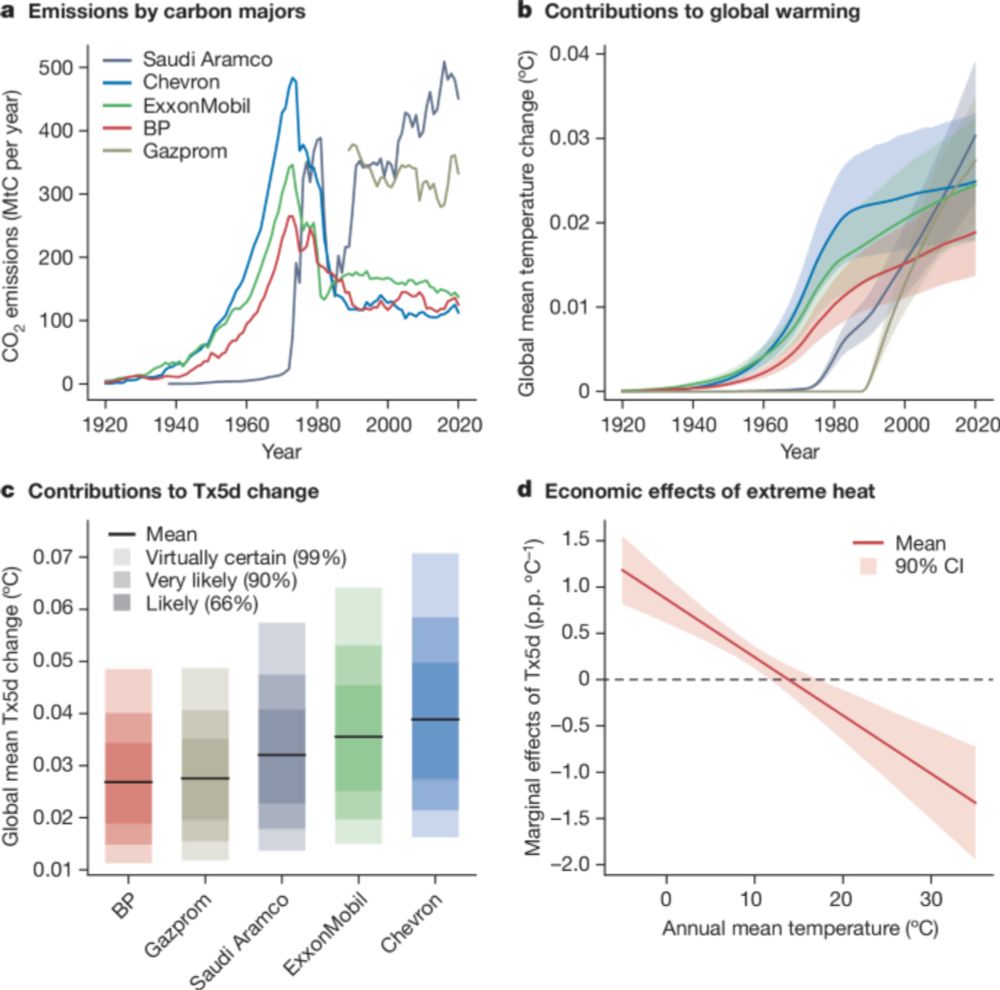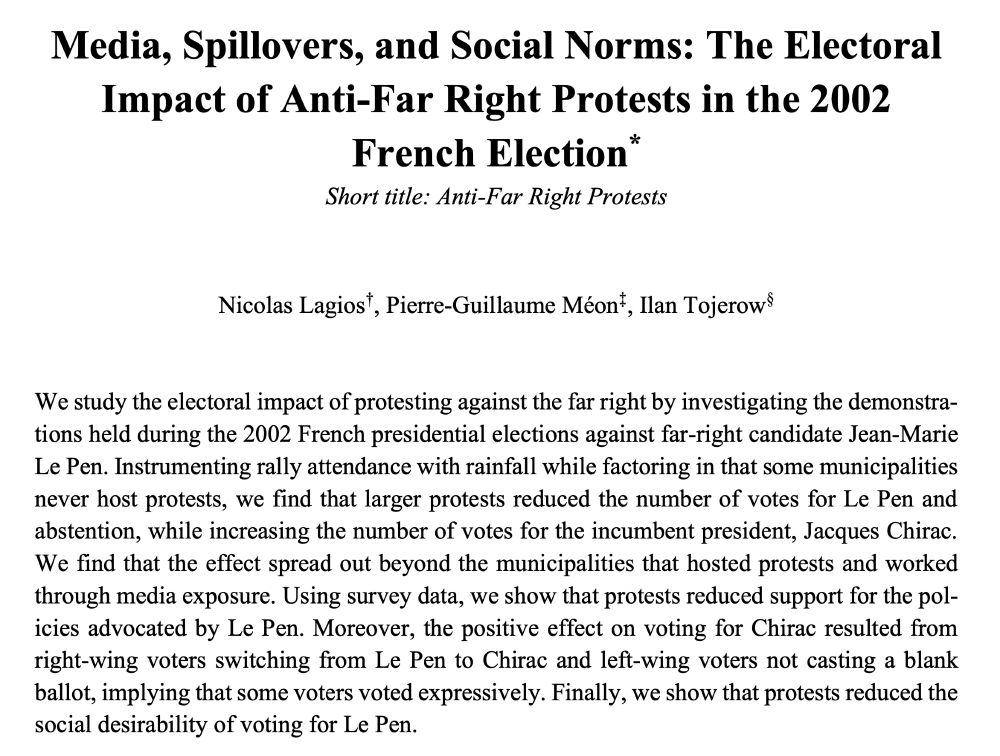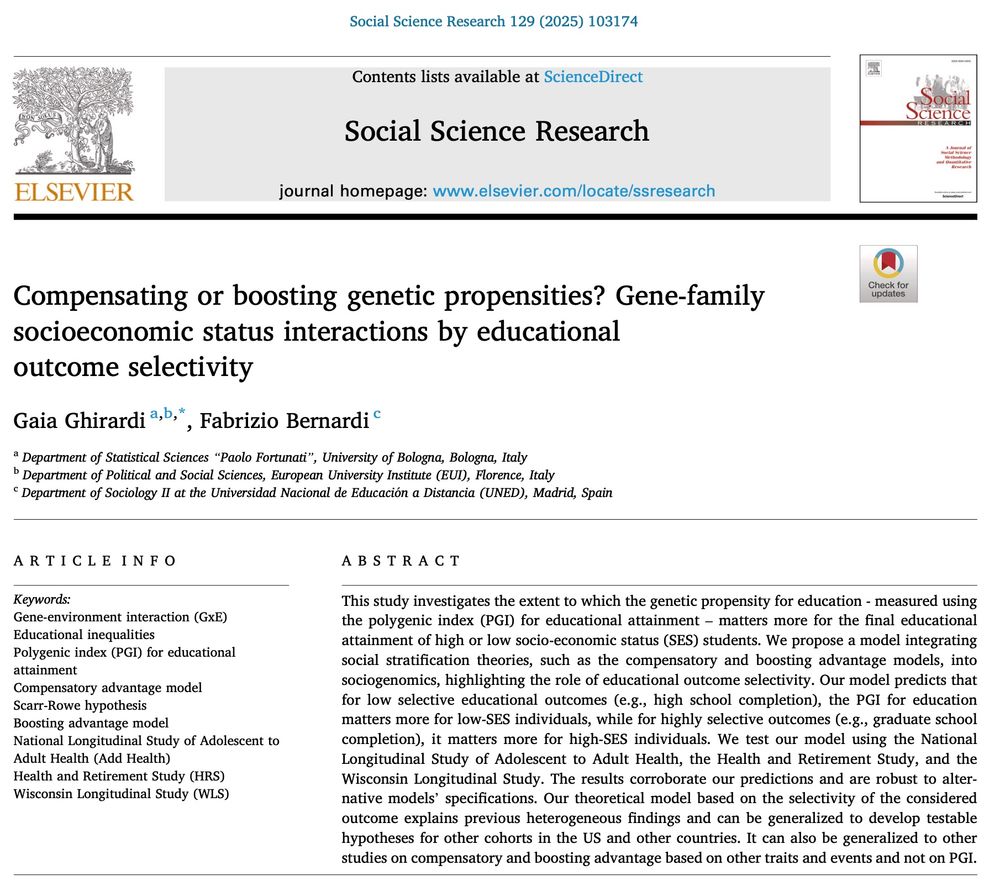juliette saetre
@juliettes.bsky.social
730 followers
320 following
22 posts
PhD researcher at the EUI working on networks, protests and migration.
https://www.juliettesaetre.com/ 🌞
Posts
Media
Videos
Starter Packs
Reposted by juliette saetre
Reposted by juliette saetre
Reposted by juliette saetre
Reposted by juliette saetre
Reposted by juliette saetre
Reposted by juliette saetre
Reposted by juliette saetre
Reposted by juliette saetre
Reposted by juliette saetre
Reposted by juliette saetre
Reposted by juliette saetre
Reposted by juliette saetre
Reposted by juliette saetre
Reposted by juliette saetre
Reposted by juliette saetre
juliette saetre
@juliettes.bsky.social
· Mar 31
juliette saetre
@juliettes.bsky.social
· Mar 28
Reposted by juliette saetre
Reposted by juliette saetre
Cas Ⓜ️udde
@casmudde.bsky.social
· Mar 18

ICE has ‘disappeared’ 48 New Mexico residents, attorneys say
In the first week of March, U.S. Immigration and Customs Enforcement says it arrested four dozen New Mexico residents as part of immigration raids in Albuquerque, Santa Fe and Roswell.
www.newsfromthestates.com




